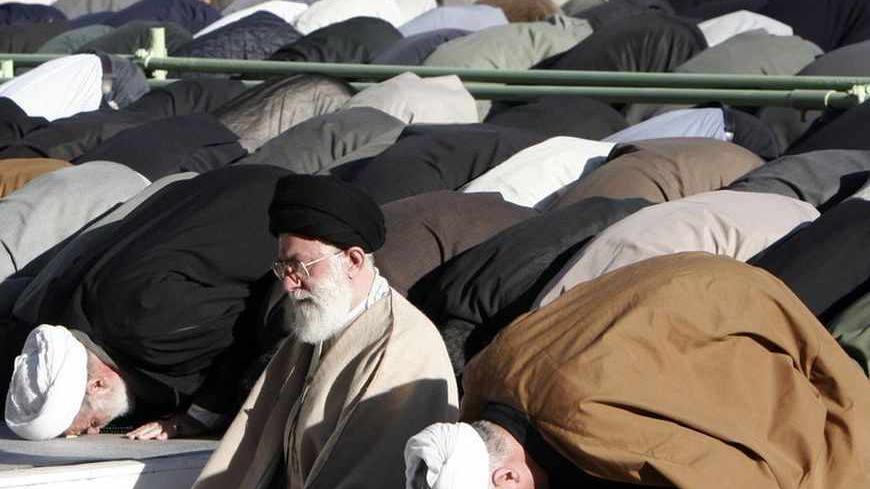Last month's publication of a series of fatwas, or religious decrees, by Iran's Supreme Leader Ayatollah Ali Khamenei received wide coverage in the media. Generally, these fatwas can be divided into two categories: social, political issues and issues related to everyday life. The second kind of fatwa is, in most cases, almost an exact copy of the fatwas issued by the other Shiite religious authorities. The first type, however, because or its abnormal rulings and its incompatibilities with the requirements of the era, has resulted in wide criticism both inside and outside Shiite religious seminaries.
The most controversial element of these fatwas is the separation of sociopolitical issues from the issues of believers' daily lives. In this way, the viewpoint of Khamenei regarding the first type of rulings is considered to be the only authoritative viewpoint. The viewpoints of other Shiite authorities, in case they differ from that of the supreme leader, are considered void and unreliable.



